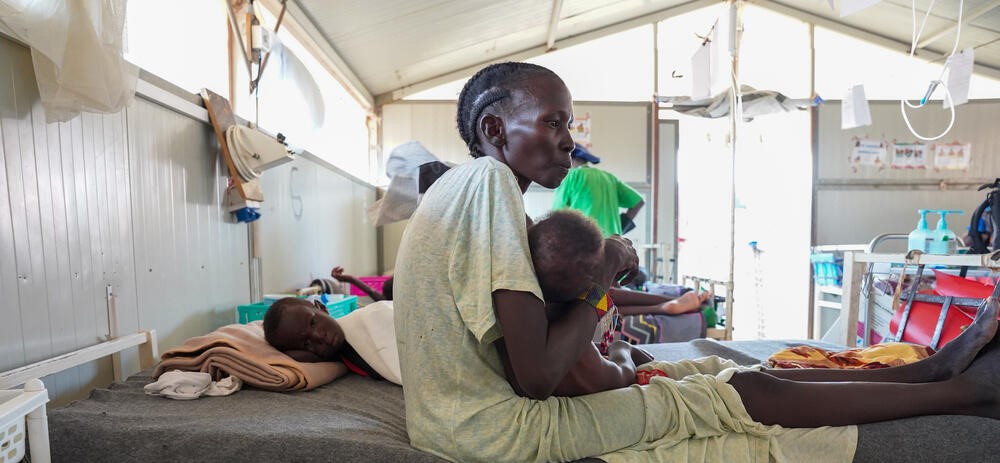Doctors Without Borders warned Thursday of a sharp increase in attacks on medical facilities in South Sudan, saying escalating conflict has forced mass displacement and overwhelmed the country’s fragile health system.
The aid group, known by its French acronym MSF, said recent fighting between forces loyal to President Salva Kiir and First Vice President Riek Machar has spread across multiple regions, including Jonglei, Unity, and Western and Central Equatoria states. While much international attention has focused on violence in Upper Nile state, clashes elsewhere have further strained scarce medical resources.
“We are talking about a major conflict that is taking place over multiple fronts and multiple locations,” said MSF operations manager Bakri Abubakr.
Abubakr described the displacement as a “major crisis,” with about 60,000 people uprooted in Upper Nile state and another 50,000 in Jonglei. Entire villages have been abandoned, he said, and “hospitals, health facilities and community facilities have been left without staff.”
“We are witnessing a collapsing health system in the country,” he added, noting that even before the latest fighting, only half of South Sudan’s medical facilities were operational.
MSF said roughly 80% of the country’s health care system relies on international funding, with the government in Juba contributing just 1.3% of its national budget.
Attacks on health facilities, medical workers and civilians have surged, according to MSF’s Abdalla Hussein. He cited incidents including assaults on White Nile River barges carrying critical supplies and the looting of remote medical outposts.
The United Nations has recorded eight attacks on medical facilities this year, but MSF believes the actual number is likely higher.
Zakariya Mwatia, MSF’s head of mission in South Sudan, said wounded patients arriving in Malakal city after weeks of hiding in the bush are often in critical condition—and many cannot be saved.
“We are yet to see the worst,” he said.




